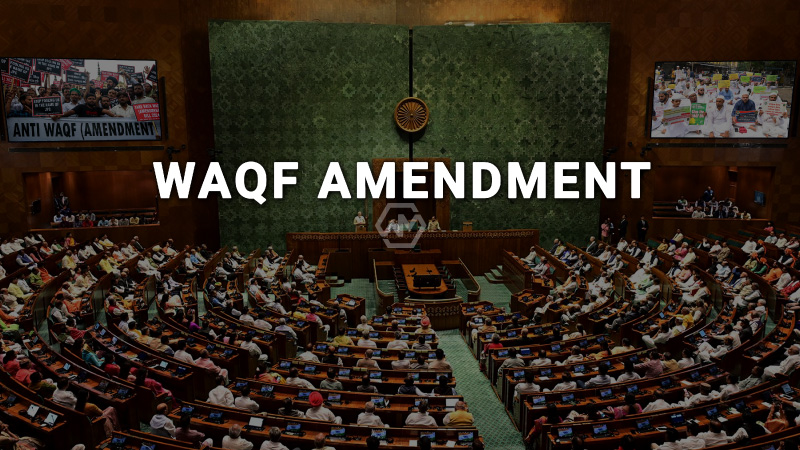- The Waqf (Amendment) Bill passed in Lok Sabha with 226 MPs in favor and 163 against.
- The Bill grants the government more control over Waqf properties and allows non-Muslims and women on Waqf boards.
- The Rajya Sabha debate has begun, with the government pushing for swift passage.
The passage of the Waqf (Amendment) Bill in the Lok Sabha has sparked heated discussions. The government is advocating reforms in Waqf property management.
Union Home Minister Amit Shah criticized the 2013 amendments to the Waqf Act. He argued they were made for political appeasement before the 2014 elections.
Heated Debate in Rajya Sabha Over Waqf Amendment Bill
The Waqf (Amendment) Bill has reached the Rajya Sabha after a stormy Lok Sabha debate. Union Minister Kiren Rijiju urged lawmakers to support the Bill. He highlighted the economic significance of Waqf properties, which number over 8.72 lakh in India. The government insists that the amendments will modernize the management of these properties. This will prevent alleged misuse.
Opposition leaders argue that the Bill infringes on the autonomy of Waqf institutions and violates constitutional principles. They claim that the proposed changes could dilute the religious nature of Waqf governance, raising concerns over potential political interference. Despite these objections, the NDA remains firm in its stance.
The Bill also addresses longstanding issues regarding transparency and accountability in Waqf property management. Supporters believe that the inclusion of non-Muslims and women in Waqf boards will enhance oversight and curb mismanagement. Nonetheless, critics see this as an encroachment on religious affairs.
As the Rajya Sabha debate continues, the government’s strategy will be crucial in determining the Bill’s fate. If passed, it could significantly reshape the legal framework governing Waqf properties in India. This will impact their administration for years to come.
The Waqf (Amendment) Bill has ignited a sharp political battle. Both sides frame it as a matter of governance versus constitutional integrity. Its passage in the Rajya Sabha will be a decisive moment in the ongoing debate over religious property management.
“Laws grind the poor, and rich men rule the law.” – Oliver Goldsmith



